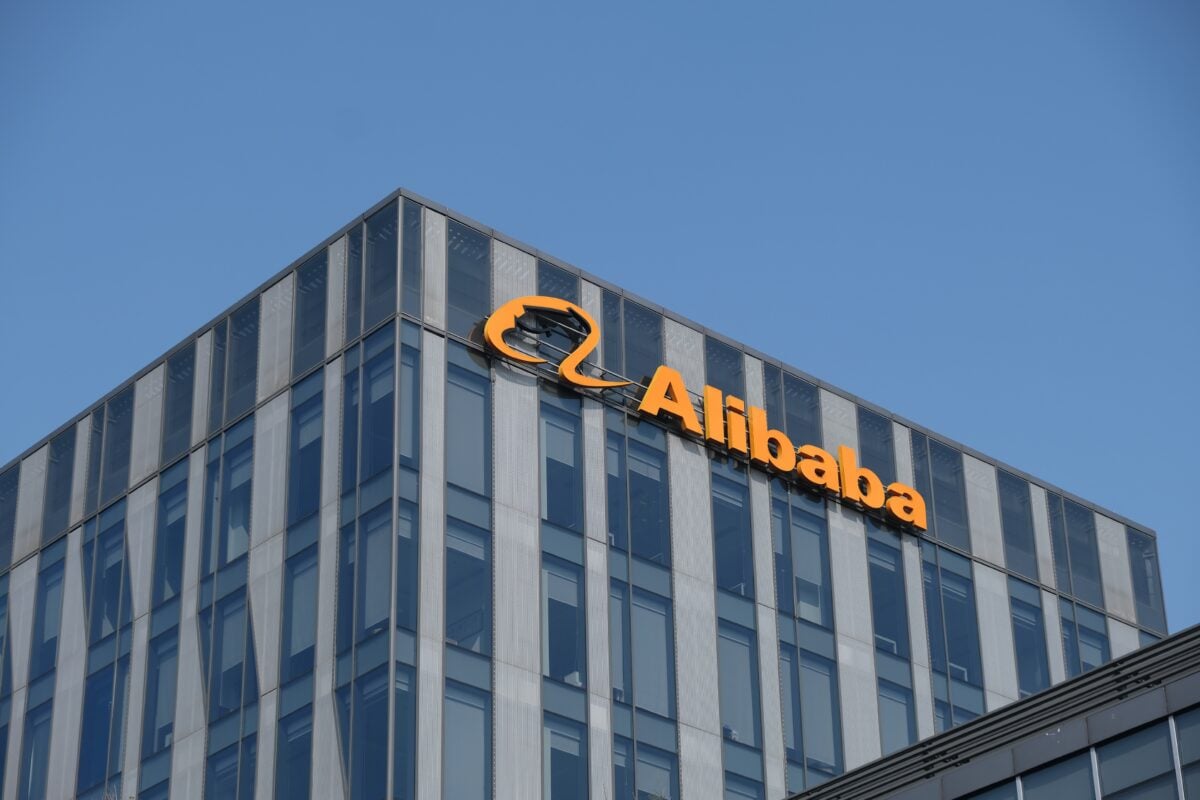TLDRs;
- Alibaba dominates China’s AI cloud market with a 35.8% share, outpacing ByteDance and Tencent.
- China’s AI cloud market set to more than double in 2025, driving infrastructure investments.
- Alibaba’s Qwen models lead enterprise AI adoption, highlighting rapid technological scaling.
- Regional dominance doesn’t ensure global cloud leadership amid US competition and regulatory barriers.
Alibaba Cloud has firmly established itself as the front-runner in China’s AI cloud market.
According to Omdia, the company held a commanding 35.8% share in the first half of 2025, far ahead of competitors ByteDance’s Volcano Engine at 14.8% and Tencent Cloud at 7%. Huawei Cloud and Baidu Cloud occupied 13.1% and 6.1%, respectively.
Revenue figures underscore this momentum. Alibaba Cloud reported 33.4 billion yuan (US$4.6 billion) in the June quarter, a 26% year-on-year increase, marking it as the fastest-growing segment for Alibaba Group. The surge reflects the company’s substantial investment, exceeding 100 billion yuan in AI and cloud infrastructure over the past year.
Market Set for Explosive Growth
Analysts predict China’s AI cloud industry will more than double from 20.8 billion yuan in 2024 to 51.8 billion yuan (US$7.3 billion) in 2025, sustaining a projected annual growth rate of 26.8% through 2030.
This rapid expansion is driving fierce competition among cloud providers, prompting massive infrastructure investments to secure market share.
Frost & Sullivan data further highlights Alibaba’s leadership in enterprise AI. The firm’s Qwen large language models accounted for 17.7% of enterprise-grade AI usage in China, surpassing ByteDance’s Doubao at 14.1% and DeepSeek at 10.3%.
Proprietary Models and Advanced AI
Earlier this week, Alibaba launched its most advanced AI model, Qwen-3-Max-Preview, the company’s first to exceed 1 trillion parameters. Available through Alibaba Cloud and the OpenRouter platform, the model demonstrates improved performance over prior iterations, though it remains proprietary and is accessible only through official channels.
This strategic shift from open-source to proprietary models signals the commercial value Alibaba places on its most advanced AI technologies. The company charges a premium for Qwen-3-Max-Preview usage, highlighting how leading Chinese AI firms are monetizing their innovations.
Alibaba also pledged US$52 billion for AI infrastructure investment over the next three years, emphasizing the scale of resources needed to maintain competitive edge.
Regional Dominance vs Global Reach
Despite its domestic success, Alibaba’s stronghold in China does not translate to a significant global footprint. Combined, Alibaba and Tencent account for only 6% of the worldwide cloud market, lagging behind global leaders like AWS and Microsoft Azure, which hold 30% and 20% shares, respectively.
Regulatory restrictions, data sovereignty requirements, and unique market dynamics create strong regional moats, but these advantages do not guarantee international expansion. Chinese cloud providers continue to face challenges in translating domestic dominance into global competitiveness, particularly against US tech giants with vastly larger infrastructure budgets.
Alibaba’s growth in AI cloud services illustrates the accelerating pace of China’s technology sector, but it also underscores the widening gap between domestic leadership and global influence. While ByteDance and Tencent continue to trail, heavy investments and rapid model scaling could shift the balance in the coming years, especially as the AI arms race intensifies worldwide.







